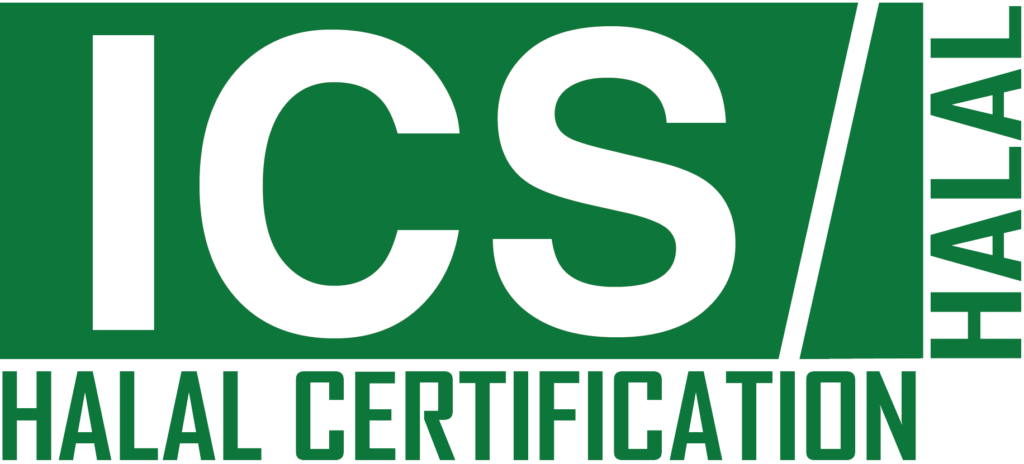
This Certification plays a critical role in the global food and pharmaceutical industries. HALAL CERTIFICATION ensures that products meet the stringent requirements of Islamic dietary laws. HALAL CERTIFICATION provides assurance to Muslim consumers that the products they consume adhere to the highest standards of cleanliness, hygiene, and permissible ingredients. By achieving HALAL CERTIFICATION, businesses can expand their market reach, enhance their reputation, and build trust with consumers.
“Given below is the more detail about the HALAL standard and you might be interested learning more about it. Rest of the part you can avail the certification from ICS to get your organizational dream come true by contact us by clicking below button.”
The global Muslim population exceeds 1.8 billion, representing a significant market for HALAL-certified products. Businesses seeking to cater to this market must ensure their products comply with Islamic dietary laws. HALAL CERTIFICATION offers a structured framework for businesses to follow, ensuring compliance with these laws. By obtaining businesses demonstrate their commitment to producing safe, hygienic, and permissible products for Muslim consumers.
Achieving HALAL CERTIFICATION requires compliance with several key components:
Achieving HALAL CERTIFICATION offers numerous benefits to businesses and stakeholders:
Obtaining HALAL CERTIFICATION involves several steps:
Businesses must verify that all ingredients used in their products are HALAL-compliant. This includes obtaining documentation from suppliers to ensure that ingredients meet HALAL standards.
The facility where products are manufactured, packaged, and stored must be assessed for HALAL compliance. Businesses need to ensure that equipment, utensils, and surfaces are free from non-HALAL contaminants.
Comprehensive documentation and record-keeping are crucial as Businesses must maintain records of ingredient sourcing, manufacturing processes, and audits to demonstrate compliance.
Employees involved in the production and handling of HALAL products must receive training on HALAL requirements. This training ensures that staff members understand and adhere to HALAL standards.
Businesses seeking HALAL CERTIFICATION must apply to a recognized certification body. The application includes detailed information about the product, ingredients, and manufacturing processes.
The certification body conducts a thorough audit and inspection of the facility to verify compliance with HALAL standards. This process includes reviewing documentation, inspecting the facility, and testing products.
Upon successful completion of the audit and inspection, the certification body approves the product for HALAL CERTIFICATION. Businesses receive a certificate indicating that their products meet HALAL standards.
Businesses must maintain ongoing compliance with HALAL standards to retain their certification. This includes regular audits, inspections, and continuous improvement of processes to ensure HALAL integrity.
HALAL CERTIFICATION plays a vital role in ensuring the safety, hygiene, and permissibility of products for Muslim consumers. Furthermore, by adhering to standards, businesses can not only expand their market reach but also enhance their reputation and build trust with consumers. Specifically, achieving this certificates involves several key steps, including verifying ingredients, assessing facilities, maintaining documentation, and working with recognized CB.
Moreover, the benefits are numerous, ranging from market expansion to enhanced reputation, regulatory compliance, consumer trust, operational efficiency, and risk mitigation. As a result, these advantages make it a valuable investment for businesses. Ultimately, by prioritizing businesses demonstrate their commitment to delivering high-quality products that meet the highest standards of cleanliness, hygiene, and permissibility.

For Quick Contact Leave Your Message We will Contact You Shortly Or Call Us At Given Numbers or Email Addresses. We Love to Deliver Our Efficient Services.
Copyright All Rights Reserved © 2025